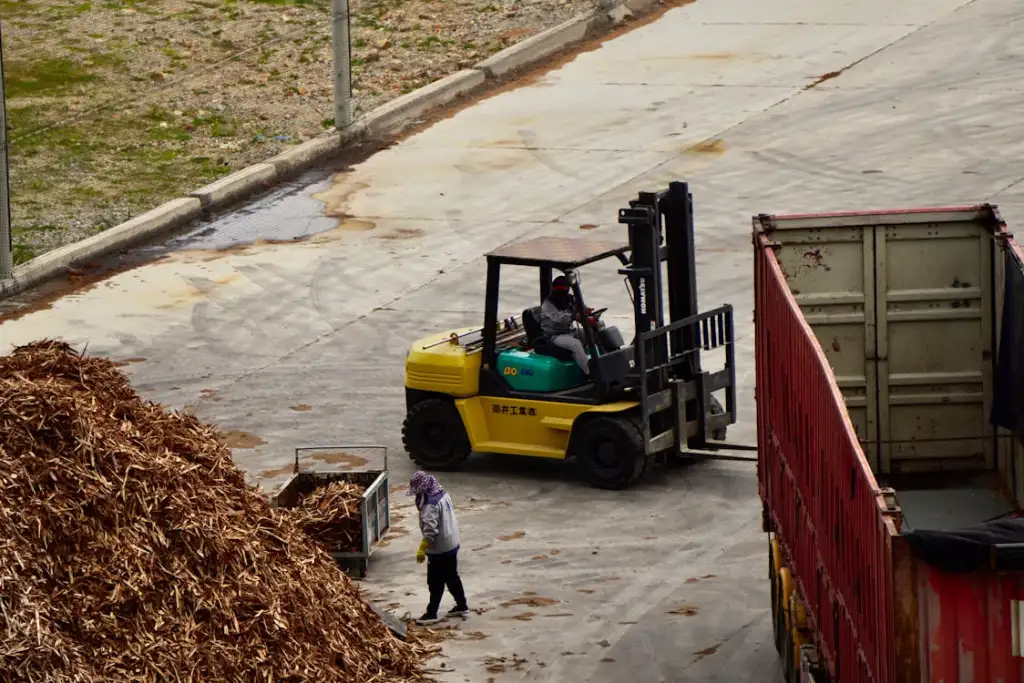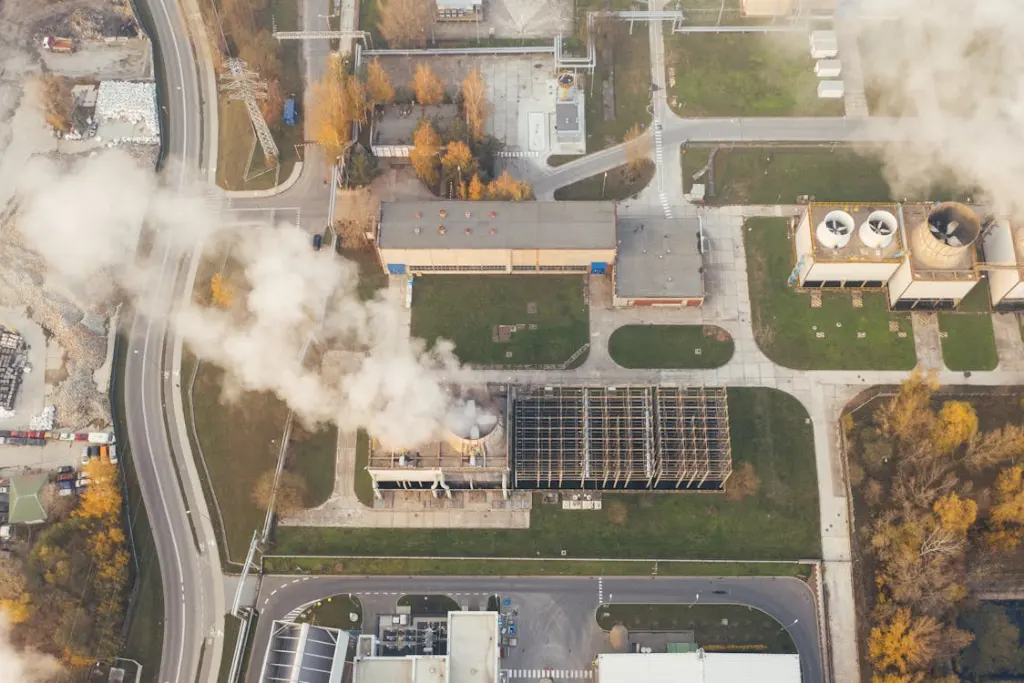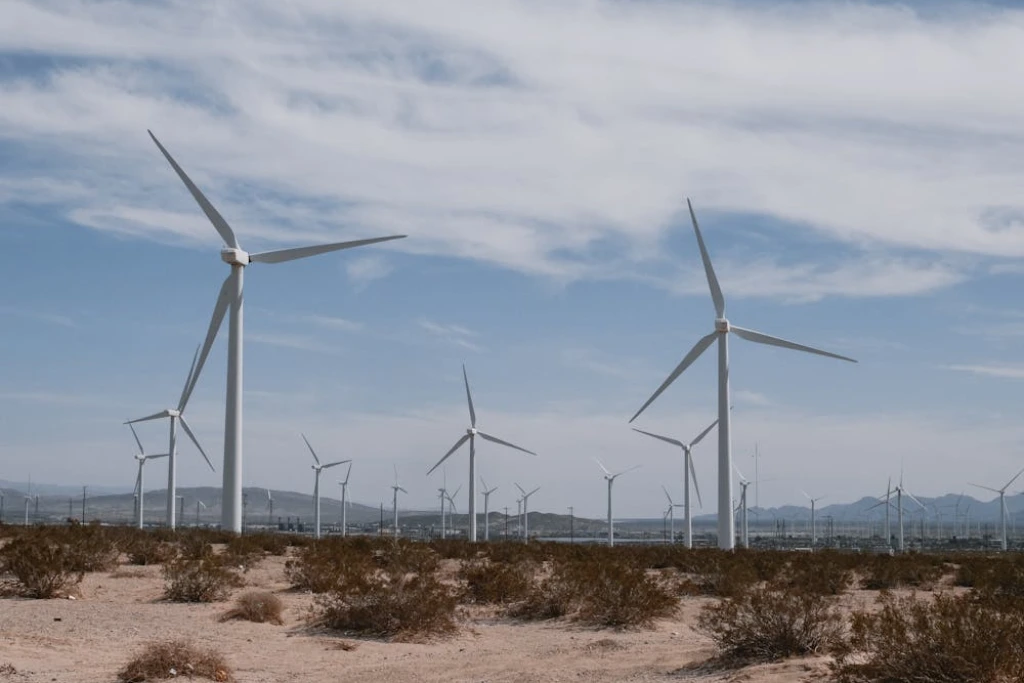We have been persuaded for decades that recycling is essential to being environmentally conscious, yet it is no longer sufficient. The “reduce, reuse, recycle” mantra is no longer relevant in light of the climate problem.We need to go beyond recycling and embrace more daring, systemic reforms that address the issue at its core if we are to meet the urgency of our changing planet.
1. Reevaluating The Sources Of Our Energy
The burning of fossil fuels is the main source of greenhouse gas emissions.Accelerating the shift to clean energy is essential if we are to have a shot at slowing down climate change.
Go Renewable: Geothermal, hydro, wind, and solar energy are all getting cheaper and emitting fewer emissions.
Decentralize Energy: Microgrids and community solar projects lessen reliance on carbon-intensive, centralized power infrastructure.
Phase Out Oil and Coal: Industries and governments alike must make a commitment to completely phase out fossil fuels and swap them out for sustainable alternatives.
Brave Step: Denmark and other nations are already working toward achieving 100% renewable energy by 2050, demonstrating that it is possible.
2. Circular Economy Design
Recycling is insufficient to manage the enormous volumes of waste that we produce.The goal of a circular economy is to prevent waste before it begins by creating long-lasting, reusable, and repairable items.
Eco-Friendly Manufacturing: Make use of low-impact production techniques and sustainable materials.
Product Take-Back Programs: Businesses recover used goods for recycling or repair.
Minimal Packaging: Use reusable or compostable materials instead of single-use plastics.
Bold Move: The EU is promoting legislation that mandates manufacturers make their products repairable for a minimum of ten years, which is a bold move.
3. Changing The Transportation Industry
Almost 25% of the world’s CO2 emissions come from transportation. Electric vehicles are helpful, but we need to think more broadly.
Expansion of Public Transportation: More dependable and reasonably priced trams, trains, and buses.
Cycling infrastructure: includes safer bike lanes and city plans that put bicyclists and pedestrians first.
Shared Mobility: Ride-sharing and car-sharing are two ways to cut down on the number of cars on the road.
Bold Move: To reduce pollution and improve public health, cities like Amsterdam have changed their infrastructure to prioritize bikes over cars.
4. Nature’s Regeneration
Our strongest ally in the fight against climate change is nature.In addition to absorbing carbon, ecosystem restoration increases resilience and biodiversity.
Afforestation and Reforesting: reforesting damaged areas and planting trees.
Preserving Wetlands: Wetlands serve as organic flood barriers and store enormous amounts of carbon.
Regenerative Agriculture: Farming methods that enhance soil health and sequester carbon underground are known as regenerative agriculture.
Brave Step: By enforcing stringent conservation laws, Costa Rica has doubled its forest cover in the past 30 years.
5. Developing Collective Action And Policy
When individuals, organizations, and governments work together, real climate change progress may be achieved.
Vote for Climate Leaders: Give your support to elected officials who put sustainability first.
Hold Companies Responsible: Demand quantifiable objectives and climate transparency.
Global Cooperation: International accords such as the Paris Accord must be implemented since climate change transcends national boundaries.
Bold Move: Some cities and countries are adopting “carbon budgets” to strictly limit emissions year by year.
Concluding Remarks
Recycling is beneficial, but it is only the beginning.Bold actions that rethink how we power our society, create our products, move about, and take care of nature are required to address the climate catastrophe.




